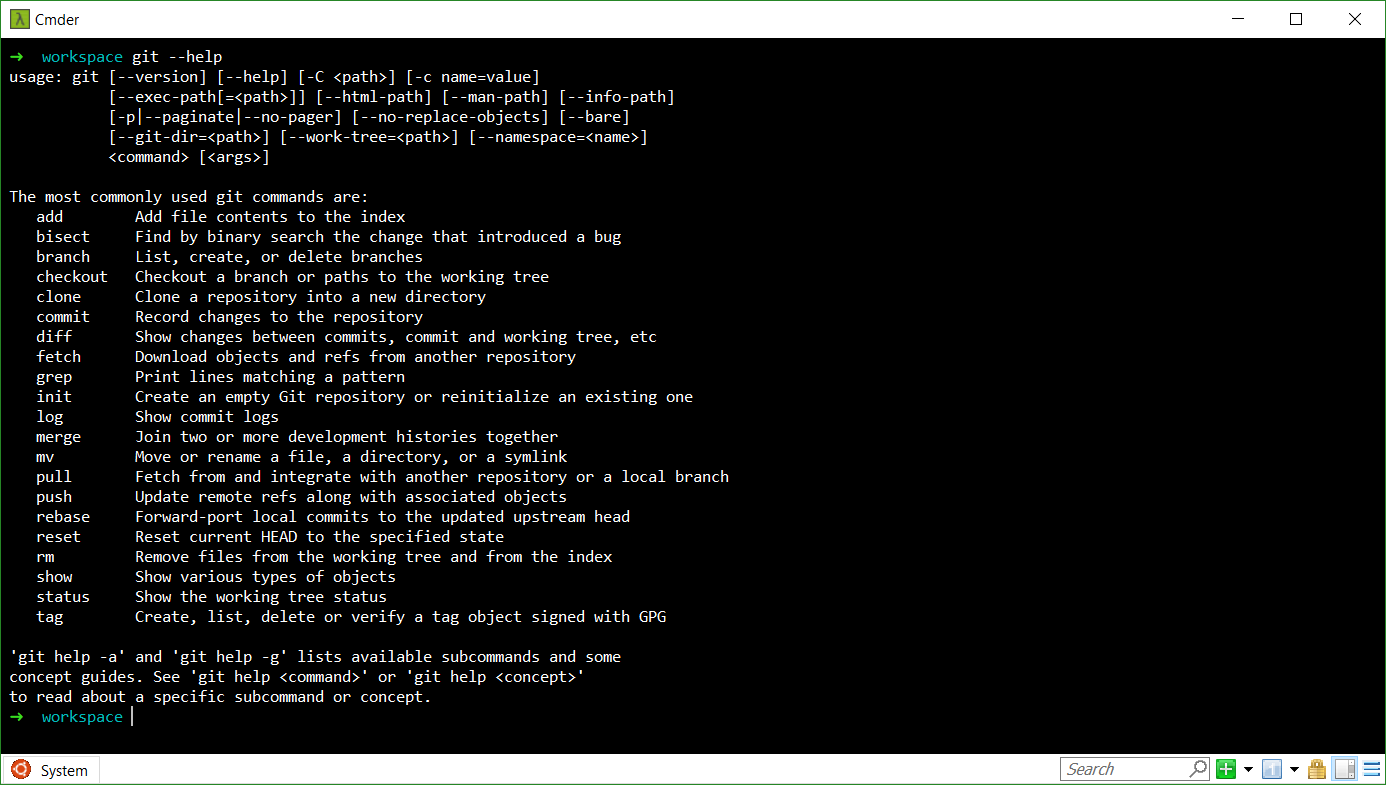I find it somewhat funny that most people still believe that using a Linux distro would be using a command line interface like this:

When most distros would use a graphic user interface like this:
Although the user interface varies from distro to distro, most of the time there is no need to use a command line interface. Most of the daily tasks can be made without the need of entering the terminal emulator, which makes life a lot easier and less daunting for the average user.
In the seven years I've been using Ubuntu, or Linux Mint, the amount of time I've to use the terminal has been dropping significantly. So much so, that it can be more than a month before I make any use of the terminal, and most of the time is to uninstall old kernels to make space for the current one.
As such, it has become more user friendly for the average user. This is specially true for distros like Ubuntu, and Linux Mint, since most, if not all, can be done without the use of the terminal. Meaning that you don´t need to be a geek, or have much technical knowledge, to use or solve most of the daily issues that can come up.
To be honest, now more than ever I´m more comfortable and willing to advise the move to those users that want to move out of Windows, or MacOS, to an OS that they´ll be able to use that just works. Yes, there will be some learning curve, but it won´t be as bad as one might think.
It seems like Linux, with some of its distros, finally has become a solid option for the average user.